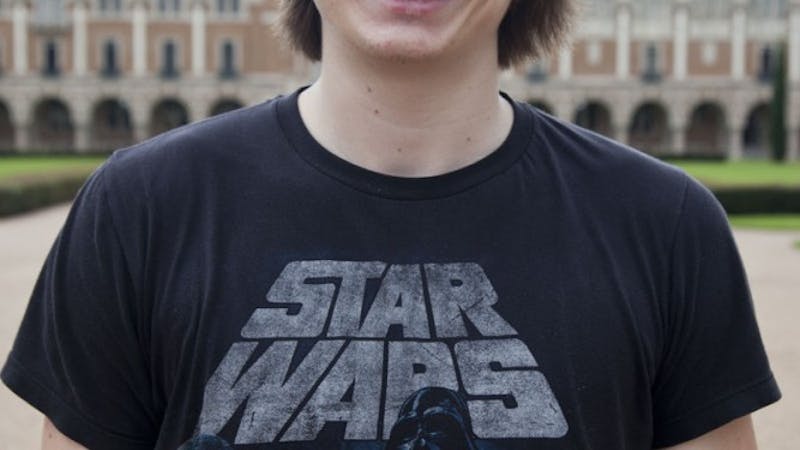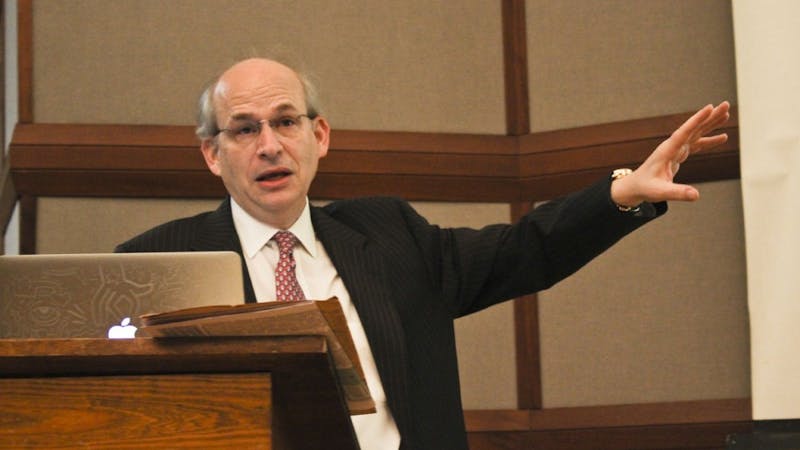Rice strengthens quantum materials research focus
Rice University has launched a Center of Quantum Materials to strengthen quantum materials research. Quantum materials are substances that show unique and novel physical properties, such as high temperature superconductivity, when subjected to extreme pressures and temperature.According to Qimiao Si, director of the Center for Quantum Materials, Rice has established itself as a leader of quantum materials — the new department of materials science and nanoengineering is just one example. Si, a Harry C. and Olga K. Wiess professor of physics and astronomy, said the center started as a multidisciplinary effort to collaborate across the Wiess School of Natural Sciences and George R. Brown School of Engineering, specifically in the four departments of chemistry, physics and astronomy, materials science and nanoengineering, and electrical and computer engineering.“We would like to set up a physical and intellectual infrastructure that makes it easier for graduate students and dedicated undergraduate students to have meetings across departments,” Si said. “The work that won the Nobel Prize by Rick Smalley, Bob Curl and Harry Kroto grew out of a culture of interdisciplinary research, and the center seeks to continue that tradition.”According to electrical engineering major JJ Allred, who is currently working in Dr. Junichiro Kono’s laboratory, he realized how reputable Rice is in the field of quantum materials when he was accepted to the NanoJapan program in the summer of his freshman year. “Rice is extremely reputable in this area of research — the buckyball was discovered here, two people who were involved in the discovery of the carbon nanotube are here and [in my laboratory] they have made a new carbon nanotube terahertz detector, the first of its kind,” Allred, a Martel College junior, said. “Dr. Kono has networks all over Japan and around the world — he is always traveling to present his work at conferences.”Si said the center aims to make Rice even better known for its research in quantum materials to other institutions across the world. “We will invite distinguished lecturers to visit Rice and give talks, try to attract more postdoctoral researchers and have workshops for the students,” Si said. “We will also focus on international collaborations with institutions in Europe and Asia — we already have new enhanced partnerships with institutions in Germany, France and China.”According to Si, although the center is currently oriented towards research faculty and graduate students, it aims to engage undergraduate students as well, particularly students who are interested in research in the natural sciences or engineering. “The center hopes to create more research opportunities for Rice undergraduates on campus,” Si said. “We also believe that the center will enhance the intellectual atmosphere that will trickle down to the undergraduate population.”According to Allred, the number of undergraduate research opportunities is currently sufficient in terms of student demand in the electrical engineering department. However, Allred said it may not be enough if the number of electrical engineering majors who wish to do research increases, for example, due to the department’s focus on graduate school.“The electrical engineering department is currently pushing for more people to go to graduate school for various reasons,” Allred said. “In this case, it is good to have more undergraduate research opportunities.”According to a recent Rice News release, Rice’s Office of the Provost and the vice provost for rhesearch have funded the center and are optimistic about the center’s future. Howard R. Hughes Provost George McLendon said the center will help Rice continue to grow in quantum materials research and hopefully spur new breakthroughs and major discoveries.



